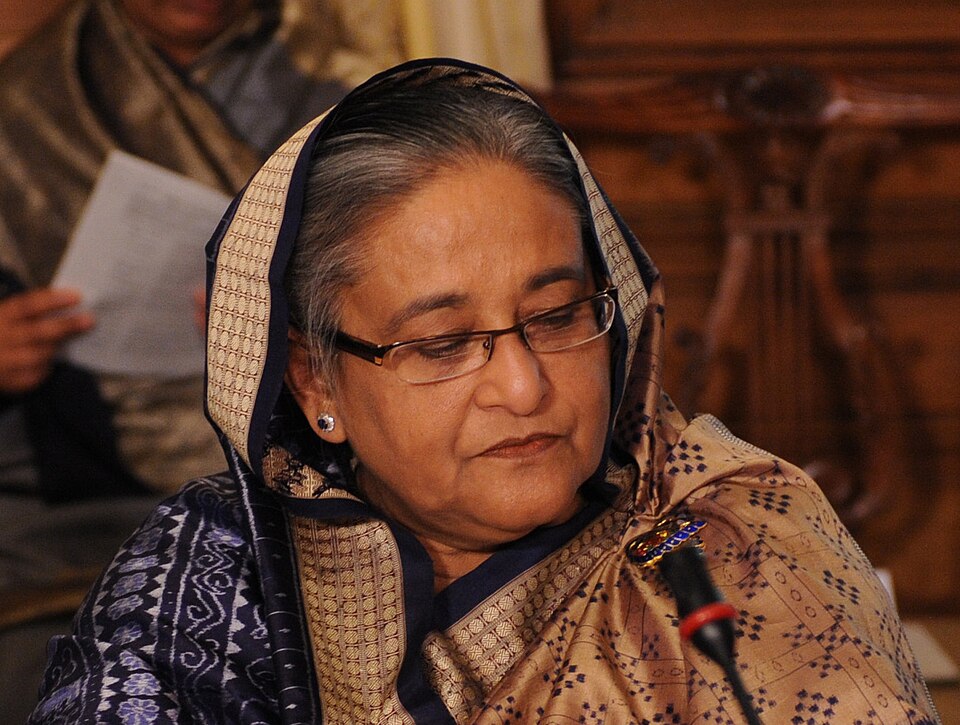The International Crimes Tribunal has formally accepted charges against ousted prime minister Sheikh Hasina and issued an arrest warrant against her for alleged crimes against humanity.
Similar charges have been brought against former Home Minister Asaduzzaman Khan Kamal and former Inspector General of Police (IGP) Chowdhury Abdullah Al Mamun. Of the three accused, only Mamun is currently in custody.
At 12 PM on Sunday, Chief Prosecutor Muhammad Tajul Islam submitted the formal charge sheet to the Registrar’s Office of the Tribunal, accompanied by several state prosecutors. After reviewing the charges, the Tribunal deemed the case admissible and issued arrest warrants for Sheikh Hasina and Asaduzzaman Khan Kamal.
This marks the first time Sheikh Hasina faces formal judicial proceedings in an international tribunal setting for alleged crimes against humanity. The case is being described as a historic step in holding state officials accountable for violent repression during the political unrest of 2024.
In an unprecedented move, Bangladesh Television (BTV) is broadcasting the tribunal proceedings live — the first instance of judicial proceedings being aired on national television.
The charges stem from events in July and August 2024, during which large-scale political violence, arbitrary detentions, enforced disappearances, and killings allegedly took place. Human rights groups and sections of civil society had earlier raised concerns over these incidents, but no legal action had been initiated until now.
According to the prosecution, the accused “systematically abused state machinery to orchestrate planned acts of violence” that qualify as crimes against humanity under international law. Sheikh Hasina is specifically accused of directing, inciting, and aiding acts of genocide and mass repression against political opponents and peaceful protesters.
“The accused unleashed a brutal crackdown using state forces to silence the people’s uprising during the July Revolution,” said Chief Prosecutor Tajul Islam. “Driven by an obsessive desire to remain in power, they orchestrated violence against student movements and civil demonstrations.”
The charge sheet includes testimony from eyewitnesses, video footage, and audio recordings of the accused, comprising a total of 2,018 pages of supporting evidence. The investigation report was submitted on May 12, and named Sheikh Hasina as the key architect behind what is being termed the “July Massacre.”
“The July Revolution was a peaceful and just movement led by ordinary citizens, particularly the youth, students, women, and children demanding an equitable future and an end to systemic inequality,” the Chief Prosecutor added. “This trial is a necessary step toward ensuring accountability for those grave and painful crimes.”
The case has already sparked intense political debate and international scrutiny, and is expected to be a landmark in Bangladesh’s legal and political history.


